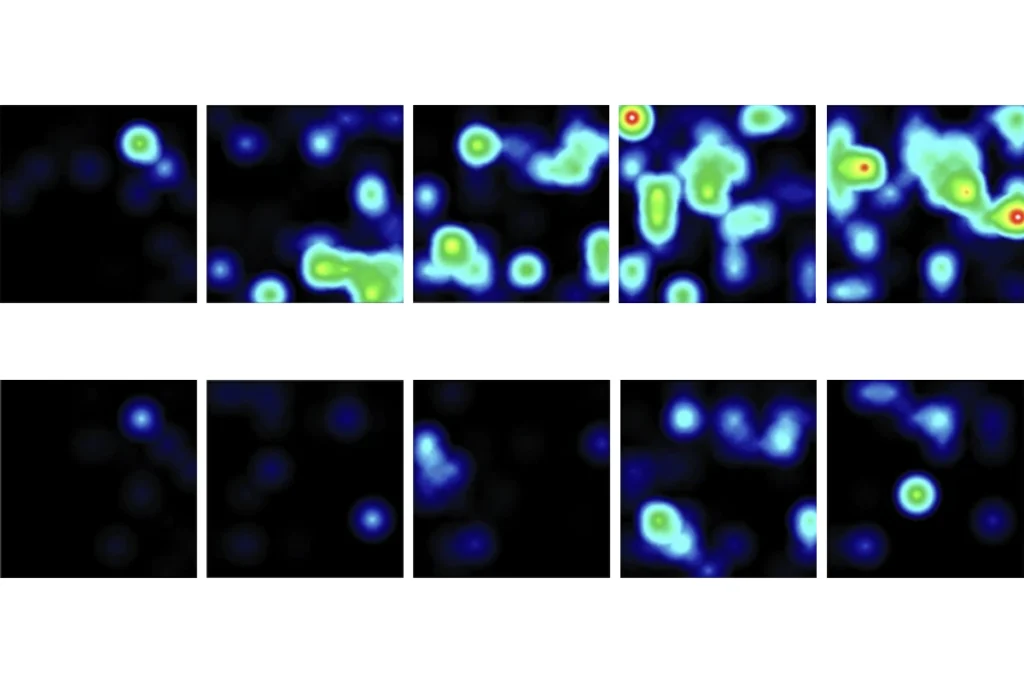- “Here, we formally address the urgent need to incorporate intersectional identities in neuroimaging studies of behavior, with a focus on research in mental health.” Nature Neuroscience
- Variants of the autism-linked gene MBOAT7 alter lipid composition, which in turn affects neuronal migration in early development. Science Translational Medicine
- Children with Angelman syndrome show reduced white-matter volume as early as 1 year of age. Molecular Autism
White-matter changes; lipids and neuronal migration; dementia
Here is a roundup of autism-related news and research spotted around the web for the week of 13 January.
By
Jill Adams
14 January 2025 | 2 min read
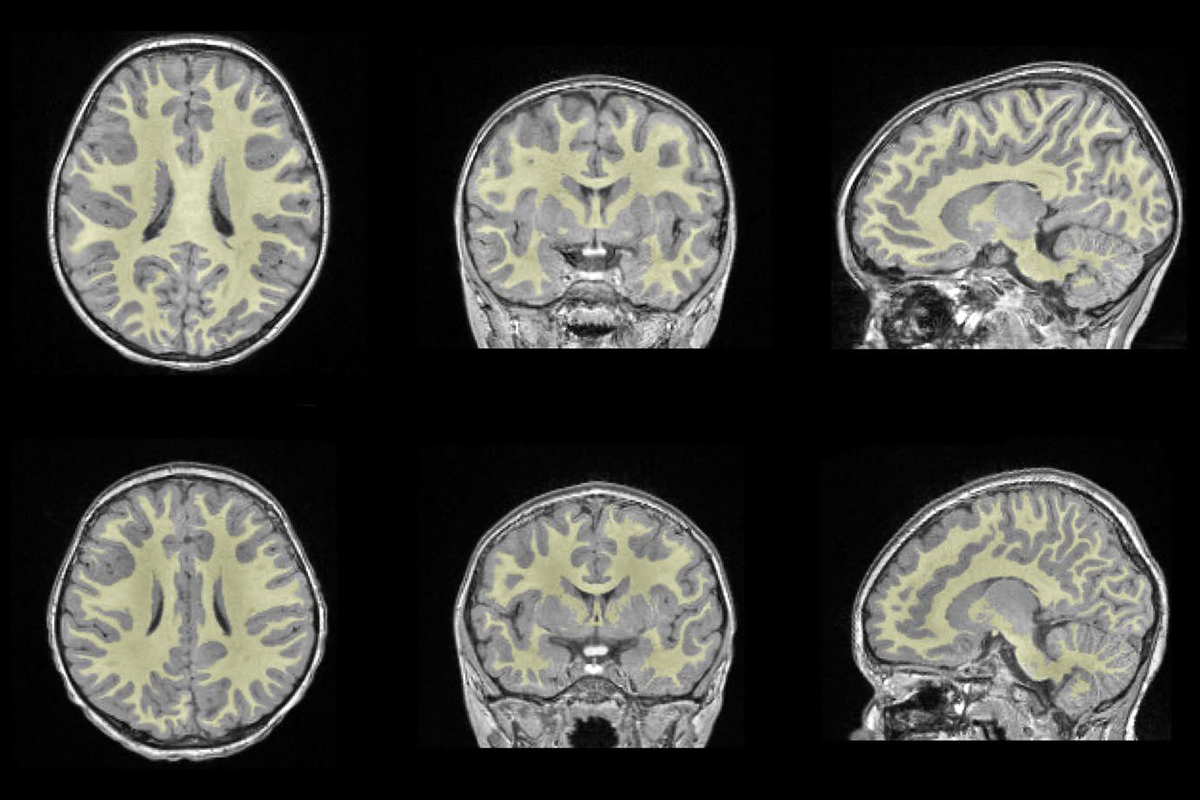
Composition study: Brain images show altered white-matter volume in a child with Angelman syndrome (bottom row) compared with a child without the condition (top row).
- The absence of the SYNGAP1 gene does not affect neural progenitor cell function in mice, according to a preprint, an effect previously reported in human organoids. Spectrum has covered other mouse models of SYNGAP1 function and dysfunction. bioRxiv
- People with autism have a higher prevalence of dementia than the general population, according to an analysis of Medicare and Medicaid records. Spectrum has previously reported on the link between autism and neurodegenerative conditions. JAMA Network Open
- Autistic children are less likely to orient to sounds than are their non-autistic peers, according to a preprint. bioRxiv
- Amygdala neurons that project to the auditory cortex are activated in mouse dams exposed to their pups’ odor, revealing a system by which socially relevant sensory cues may be integrated. This response could hold clues for differences in social processing in autism. Current Biology
- Autistic children have a higher likelihood of behavioral and emotional problems than their non-autistic peers, according to data from nearly 8,000 participants in the ECHO program. Journal of Autism and Developmental Disorders
tags:
Recommended reading

Autism traits, mental health conditions interact in sex-dependent ways in early development
By
Jill Adams
1 April 2025 | 2 min read
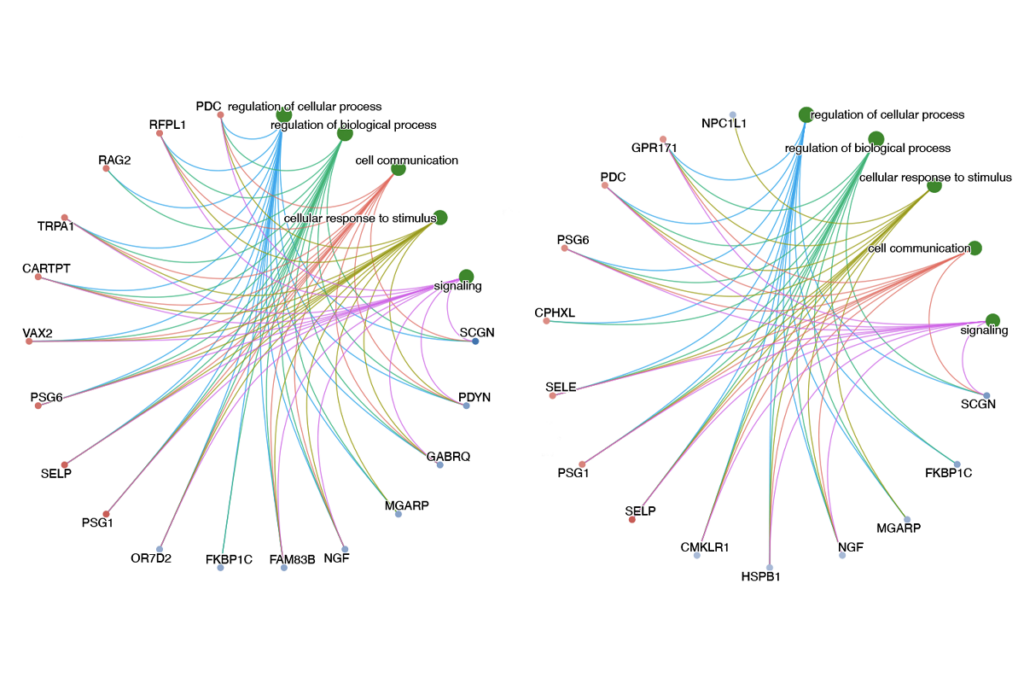
New tool may help untangle downstream effects of autism-linked genes
By
Giorgia Guglielmi
27 March 2025 | 5 min read
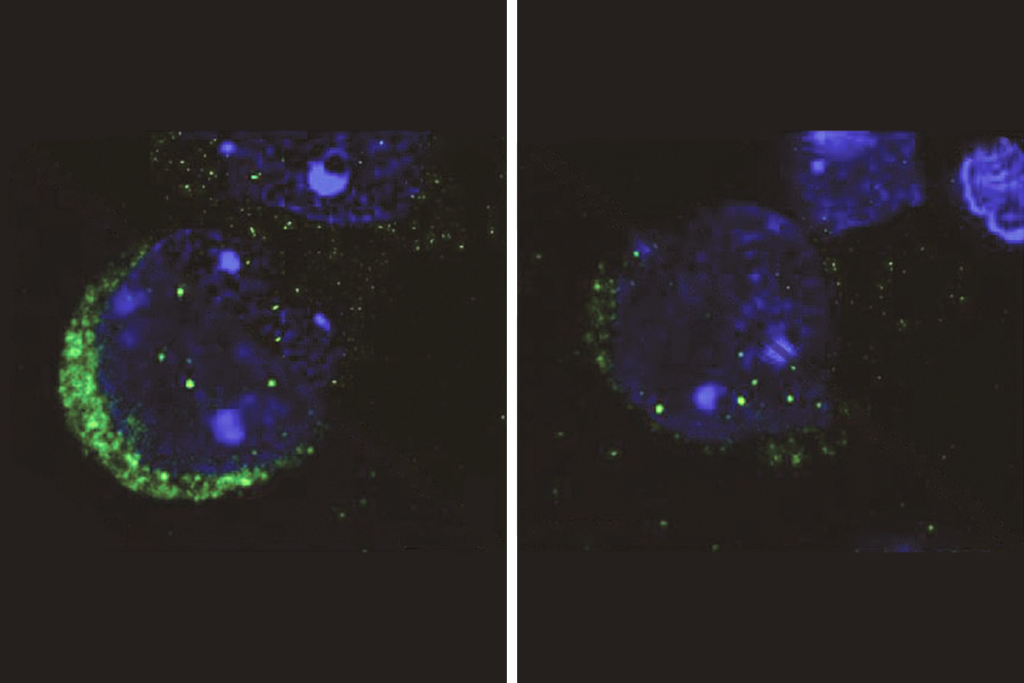
NIH neurodevelopmental assessment system now available as iPad app
By
Jill Adams
25 March 2025 | 2 min read
Explore more from The Transmitter
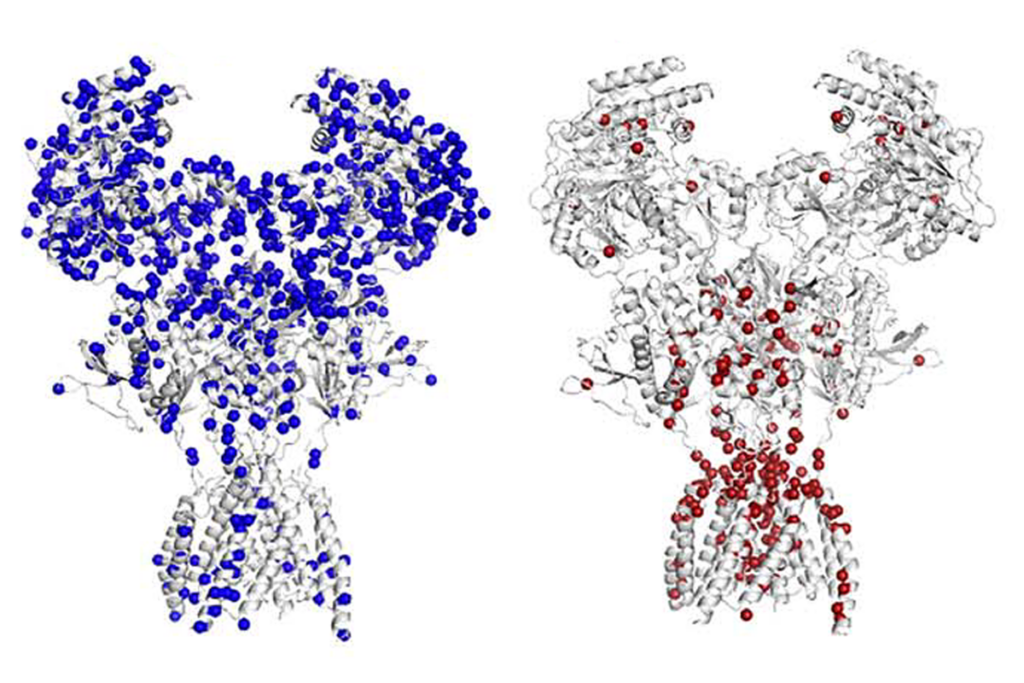
Emotional dysregulation; NMDA receptor variation; frank autism
By
Jill Adams
26 November 2024 | 1 min read
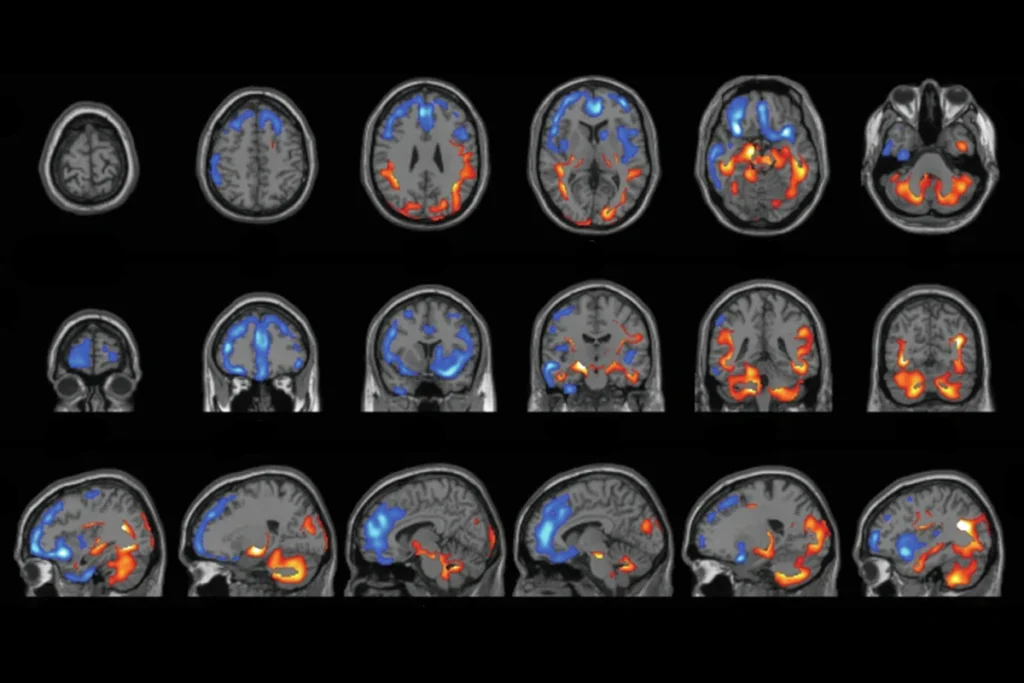
Cerebellum structure; AMPA receptors; MAGEL2 gene
By
Jill Adams
29 October 2024 | 1 min read
Cite this article:
